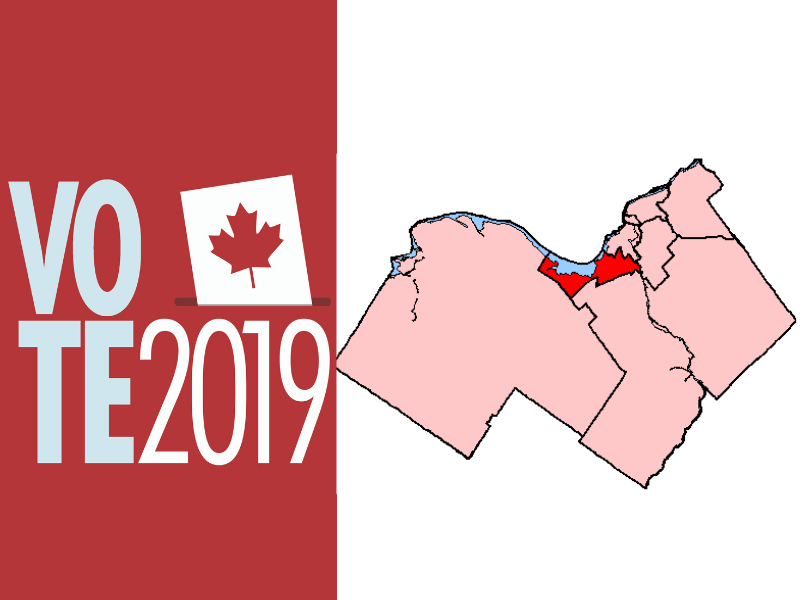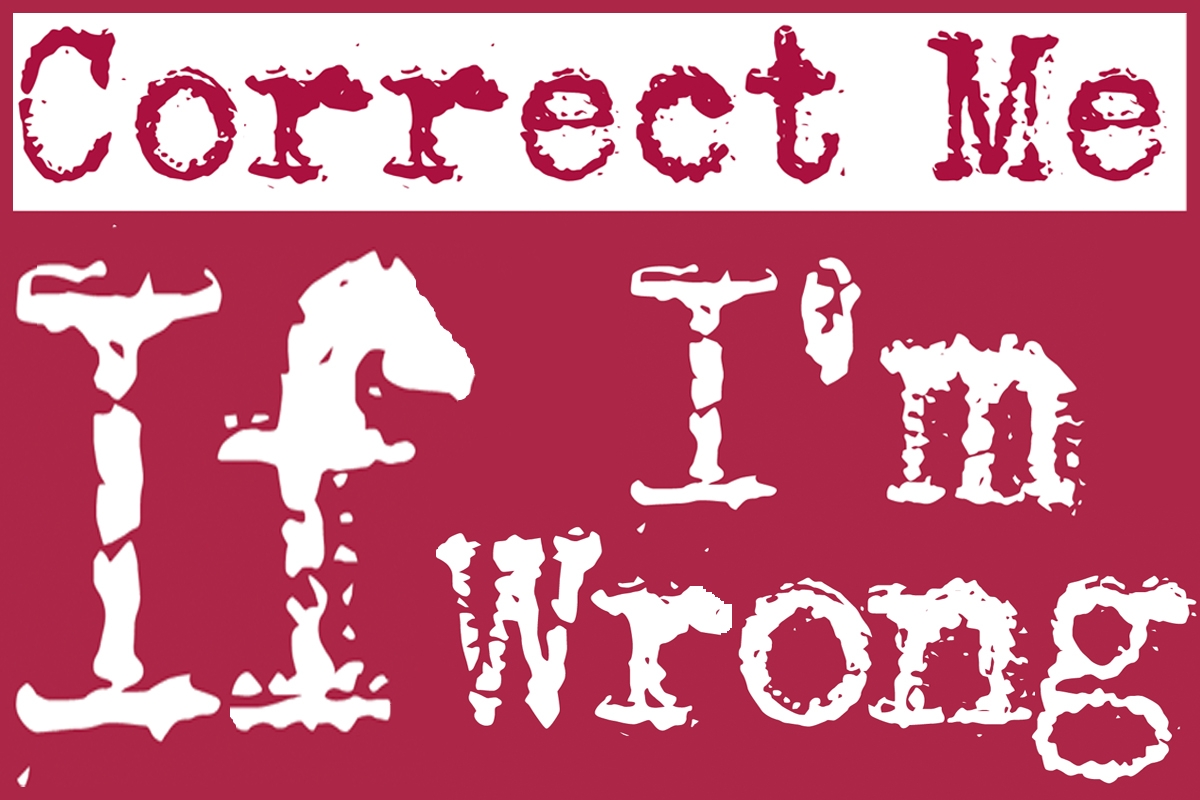
Ontario’s new iGaming model: despite being well designed, it is probably illegal
By Ron Segev, Partner, Segev LLP
Ontario is in the process of rolling out a new regulatory regime that would allow private internet gambling (iGaming) operators to register with the Province to carry on business in Ontario. Many of the specifics have yet to be revealed, but what we have seen so far suggests that the way the Province is attempting to open the iGaming market up may be legally questionable.
The Criminal Code of Canada makes iGaming illegal in Canada unless the iGaming activity is conducted and managed by a province. The precise meaning of the phrase “conduct and manage” as used in section 207(1)(a) of the Criminal Code is somewhat elusive. There are a number of indicia that are generally accepted as being relevant to the determination of whether or not the government has conduct and management of the gaming activity. Those indicia include (1) which entity is responsible for strategic decision-making and capital investment, (2) which entity owns the physical infrastructure and intellectual property, and (3) which entity controls game selection and rules of play. Courts in British Columbia have summarized the legal analysis as follows: which entity, the Province or the private operator, is the “operating mind” of the iGaming activity? Provincial governments cannot simply license private iGaming operators to carry on business in Ontario subject to hands-off oversight of Provincial regulators. In order to stay on-side of the Criminal Code provisions outlawing iGaming generally (and on-side of the constitutional authority granted to the provinces under our Constitution), the Province must do more than simply issue a license. The Province must be the operating mind of the iGaming activity.
This is unfortunate because a licensing regime is the most practical and socially desirable way to regulate iGaming. A 2016 report published by the School of Public Policy at Simon Fraser University found that jurisdictions that license private gaming operators are the most successful at reducing the size of the grey market, increasing tax revenue, and effectively implementing consumer harm reduction measures. Licensing regimes in the UK, the Netherlands, and Denmark have proven particularly successful.
Governments are more naturally suited to providing essential public services such as education, firefighting, police, and healthcare. We do not expect those services to turn a profit, nor do we expect the government to make decisions based on the profitability of those services.
iGaming is a different animal. It is pure entertainment and non-essential. It is precisely the type of activity that responds well to the profit motive. Private operators are incentivized to innovate in order to provide the best gaming experience possible to consumers. Government monopolies have proven less innovative and less successful at delivering a compelling gaming experience. Ontario’s iGaming offering (OLG.ca) has been a relative disappointment. Consumers in Ontario have consistently shown a preference for the gaming options provided by private offshore iGaming businesses.
By adopting its new iGaming Model, the Province of Ontario appears to concede that a licensing regime would be preferable to the government-run “conduct and manage” model required by our Criminal Code. Based on the materials provided by the Province thus far, it appears that the new Ontario iGaming model seeks to offload all of the business risk and virtually all of the core business decision-making functions to private iGaming operators. Under the proposed regime, private iGaming operators would (1) make all strategic decisions and invest all required capital, (2) own all intellectual property and physical infrastructure, and (3) determine which games to offer to Ontarians. It is true that many of the business decisions made by the private operators would be subject to oversight by the Alcohol and Gaming Commission of Ontario (AGCO). Additionally, private operators would be required to enter into commercial agreements with a new AGCO subsidiary that will also exert some degree of control. However, it is hard to see how the Province can be seen to be the “operating mind” of these businesses. This is a licensing model in all but name.
This may very well create legal problems for the Province and for iGaming businesses attempting to operate under the new regime. The regime will be vulnerable to a constitutional challenge on the grounds that the Province is attempting to do something that the Criminal Code does not permit it to do – namely license private businesses to directly offer iGaming to Ontarians. The private iGaming operators may find that they have inadvertently committed a crime. The private operators may have a defence based on the legal doctrine of “officially induced error”, but by that point the damage would be done. This kind of uncertainty is corrosive to the rule of law. We must strive to do better.
There are significant financial interests at stake. Residents of Ontario spend almost $1 billion a year on online gambling. Given the scale of those financial interests, clarity in the law is critical and should be an overarching priority.
To its credit, the Province has assembled a great team to create and roll out the proposed new model. That team has sought feedback from industry stakeholders and has meaningfully addressed and incorporated much of that feedback into the regime. Setting aside the legal issues with the proposed regime, the new model appears to be commercially viable while protecting at-risk and underage consumers. Despite this good work, the Province has been operating in the shadow of a restrictive legal framework that is ill-suited to a web-enabled world. Section 207(1)(a), which requires that provinces conduct and manage iGaming activities occurring within their borders, was passed well before the internet was widely adopted. Respectfully, what the Province should have done to begin with is lobby the Federal Government to amend the Criminal Code in order to do away with “conduct and manage” requirements and permit a true licensing model. The window to act is short – the proposed iGaming model is slated to launch in December. The Province should immediately engage with the Federal Government to create a regulatory regime that is effective and constitutional.

Ron Segev is a founding partner of Segev LLP and the head of Segev LLP’s technology practice group. He is a specialized igaming lawyer and a General Member of the International Masters of Gaming Law. Segev LLP has been ranked in the Chambers and Partners 2021 Guide as a top tier firm for Gaming and Licensing, and Ron has been rated as a Band 1 gaming lawyer – the highest ranking offered by Chambers and Partners.
Header Photo: iStock








